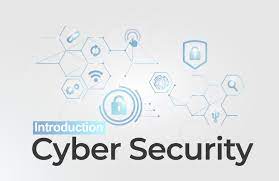Introduction to Cyber Security
Categories
Security
Description
What is Cyber Security?
Cyber Security is a process that’s designed to protect networks and devices from external threats. Businesses typically employ Cyber Security professionals to protect their confidential information, maintain employee productivity, and enhance customer confidence in products and services.
The world of Cyber Security revolves around the industry standard of confidentiality, integrity, and availability, or CIA. Privacy means data can be accessed only by authorized parties; integrity means information can be added, altered, or removed only by authorized users; and availability means systems, functions, and data must be available on-demand according to agreed-upon
parameters.
The main element of Cyber Security is the use of authentication mechanisms. For example, a user name identifies an account that a user wants to access, while a password is a mechanism that proves the user is who he claims to be.
Cyber Security Education
~ CompTIA Security+ 501 and Certified Ethical Hacker (CEH), which prepare professionals to become security testing experts
~ Certified Information System Security Professional (CISSP), which trains students to become chief information security officers (requires at least five years of IT security experience)
~ Certified Information System Auditor (CISA), where students audit and verify systems and policies
~ Certified Information Security Manager (CISM), where students manage an organization’s daily security through projects
~ Certified in Risk and Information Systems Control (CRISC), which focuses on business processes to determine risk levels
~ Certified Cloud Security Professional (CSSP), which gives an architectural overview of cloud technology and security
